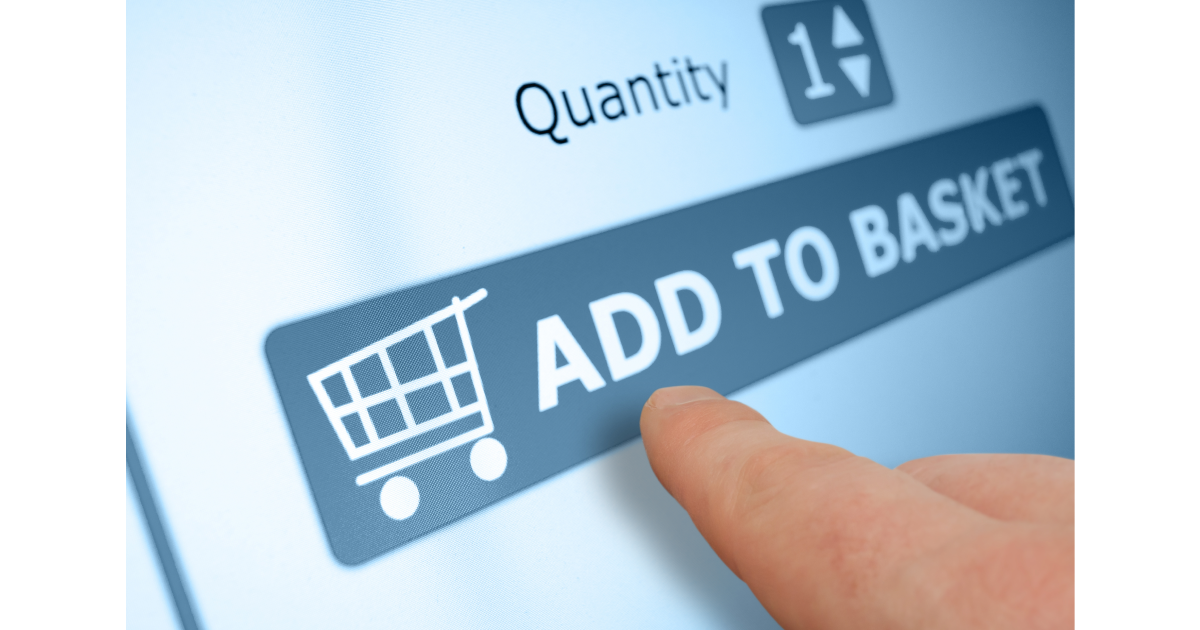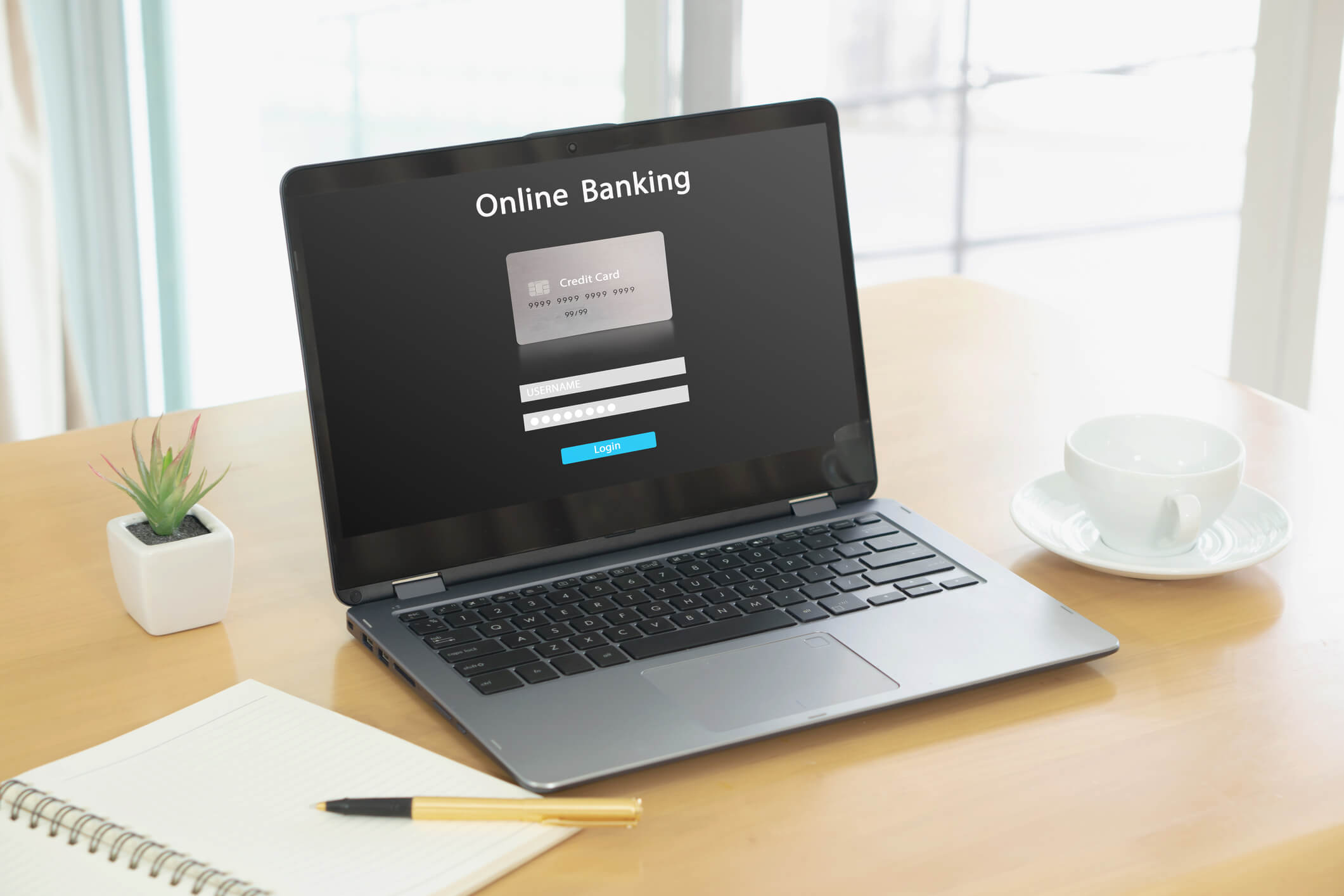The public outcry and criticism of accessibility overlay and widget solutions and have been well-documented. While it's easy to find reasons not to use overlay/widget accessibility services, many e-commerce brands may be left wondering, "What can we do to improve accessibility and avoid ADA lawsuits, if it's not using widgets or overlays?"
You could go it alone, but often, working with the right partner who understands your accessibility goals is key. We've compiled five questions to ask when looking for an accessibility partner/solution, so you can deliver a truly accessible website that can be used by people of all abilities (and skip the overlays).
1. Will you remediate my site’s code for WCAG and ADA compliance?
Providing equal access to all customers, regardless of abilities, is important for your site to comply with ADA Title III. This means going beyond AI and automated fixes. You want a partner to manually remediate and test your website code to comply with WCAG.
For example, with UsableNet Assistive, UsableNet developers re-write the code to address easily detectable issues such as alt text and labels. More importantly, we tackle all the complex problems ignored by overlays and widgets, such as navigation, delivery selection, and keyboard traps. We check all server-side functions, such as error messages, and incorporate necessary changes.
When your code is fully updated to comply with WCAG, assistive technology users receive equal access to all features, functions, and content without additional controls, and all your customers get an equal experience as mandated by the ADA.
2. How will your solution impact my SEO and site speed?
An accessible, ADA-compliant website is akin to an organized workspace - it helps you find what you're looking for more efficiently. Therefore, SEO sees improved results once a business has worked to clean up its website's underlying code.
Similarly, search engines respond well to accessible sites. Between accurate image descriptions, properly-labeled information, and an instinctive website structure, an accessible design also optimizes your website for search.
3. How do I know if my site is still accessible when I have a new release or add a new page?
Accessibility is a long-term process that requires constant fine-tuning to maintain a compliant, usable site. True accessibility is not "effortless" and cannot be delivered within hours or overnight. Be wary of any companies making these claims.
When evaluating potential accessibility partners, reference our best practices for maintaining web accessibility, and ensure that your partner follows these recommendations.
Look for a partner who will commit to your company and offer ongoing services to accommodate updates or adjustments in your site's source code.
For example, UsableNet offers ADA monitoring services that combine frequent user testing with automated WCAG 2.1 AA testing, keyboard testing, interactive dashboards, and advanced reports, so you can stay informed about your site's accessibility status in the long term.
4. Do you have user testers from the disability community?
When evaluating your website for usability, who is better to consult than the site's ultimate audience - users with disabilities? The truth is that other tools cannot substitute for genuine feedback from real human users.
Experienced assistive technology users can identify critical obstacles that automated reviewing wouldn't flag as inaccessible. These issues should be caught and addressed. (Most modern digital ADA lawsuits are filed for usability barriers).
In addition to conformance with WCAG, your company can be assured that your online store is usable for people who use assistive technology such as screen readers.
When an accessibility partner works with people with disabilities as user testers, it shows the vendor's commitment to the community and dedication to getting things right. Check out this article on why automated testing is not enough and why UsableNet is adamant about incorporating user testing into our accessibility remediation processes.
5. What’s your company’s level of experience with accessibility?
Your company wants an accessibility partner who's been down this road before. Digital accessibility implementation requires specific, comprehensive skills to design, develop, and test your website.
Ask about a vendor's history, mission, and experience in making websites accessible. Additionally, you can inquire about specific case studies and reviews. Also, request client referrals for a better view of a vendor as a partner for your business.
UsableNet has 20 years of experience supporting companies with accessibility, and often our clients will give other businesses references on what it's like to work with us.
Find Your Perfect Accessibility Partner
If your company is trying its best and you want to offer an inclusive experience for all customers, rest assured that there are ways that brands can truly take control of digital accessibility. The right partner will guide you to making positive strides toward accessibility and ADA compliance without false promises.
These questions should provide a helpful guide that allows you to find a partner that shares your commitment to website accessibility and brings the skills, experience, and expertise to make it happen.
Interested in learning more about how e-commerce retailers can make their websites compliant and accessible? Reach out to a UsableNet team member today to get your questions answered or take our remediation quiz to find out which of our approaches might work best for you.










